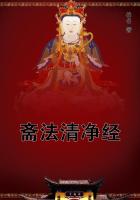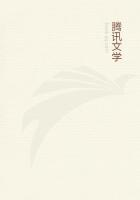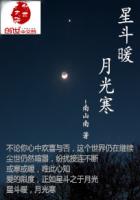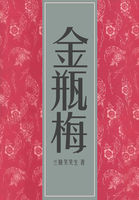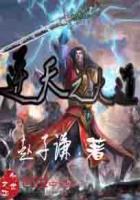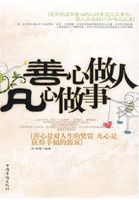Nowhere else does the perfect technical habit lapse, and nowhere at all does the habit of acting exist with her.
I have spoken of this actress's nationality and of her womanhood together.They are inseparable.Nature is the only authentic art of the stage, and the Italian woman is natural: none other so natural and so justified by her nature as Eleonora Duse; but all, as far as their nature goes, natural.Moreover, they are women freer than other Europeans from the minor vanities.Has any one yet fully understood how her liberty in this respect gives to the art of Signora Duse room and action? Her countrywomen have no anxious vanities, because, for one reason, they are generally "sculpturesque," and are very little altered by mere accidents of dress or arrangement.Such as they are, they are so once for all;whereas, the turn of a curl makes all the difference with women of less grave physique.Italians are not uneasy.
Signora Duse has this immunity, but she has a far nobler deliverance from vanities, in her own peculiar distance and dignity.She lets her beautiful voice speak, unwatched and unchecked, from the very life of the moment.It runs up into the high notes of indifference, or, higher still, into those of ennui, as in the earlier scenes of Divorcons; or it grows sweet as summer with joy, or cracks and breaks outright, out of all music, and out of all control.Passion breaks it so for her.
As for her inarticulate sounds, which are the more intimate and the truer words of her meaning, they, too, are Italian and natural.
English women, for instance, do not make them.They are sounds e bouche fermee, at once private and irrepressible.They are not demonstrations intended for the ears of others; they are her own.
Other actresses, even English, and even American, know how to make inarticulate cries, with open mouth; Signora Duse's noise is not a cry; it is her very thought audible - the thought of the woman she is playing, who does not at every moment give exact words to her thought, but does give it significant sound.
When la femme de Claude is trapped by the man who has come in search of the husband's secret, and when she is obliged to sit and listen to her own evil history as he tells it her, she does not interrupt the telling with the outcries that might be imagined by a lesser actress, she accompanies it.Her lips are close, but her throat is vocal.None who heard it can forget the speech-within-speech of one of these comprehensive noises.It was when the man spoke, for her further confusion, of the slavery to which she had reduced her lovers; she followed him, aloof, with a twang of triumph.
If Parisians say, as they do, that she makes a bad Parisienne, it is because she can be too nearly a woman untamed.They have accused her of lack of elegance - in that supper scene of La Dame aux Camelias, for instance; taking for ill-breeding, in her Marguerite, that which is Italian merely and simple.Whether, again, Cyprienne, in Divorcons, can at all be considered a lady may be a question; but this is quite unquestionable - that she is rather more a lady, and not less, when Signora Duse makes her a savage.But really the result is not at all Parisian.
It seems possible that the French sense does not well distinguish, and has no fine perception of that affinity with the peasant which remains with the great ladies of the old civilisation of Italy, and has so long disappeared from those of the younger civilisations of France and England - a paradox.The peasant's gravity, directness, and carelessness - a kind of uncouthness which is neither graceless nor, in any intolerable English sense, vulgar - are to be found in the unceremonious moments of every cisalpine woman, however elect her birth and select her conditions.In Italy the lady is not a creature described by negatives, as an author who is always right has defined the lady to be in England.Even in France she is not that, and between the Frenchwoman and the Italian there are the Alps.In a word, the educated Italian mondaine is, in the sense (also untranslatable) of singular, insular, and absolutely British usage, a Native.None the less would she be surprised to find herself accused of a lack of dignity.
As to intelligence - a little intelligence is sufficiently dramatic, if it is single.A child doing one thing at a time and doing it completely, produces to the eye a better impression of mental life than one receives from - well, from a lecturer.

